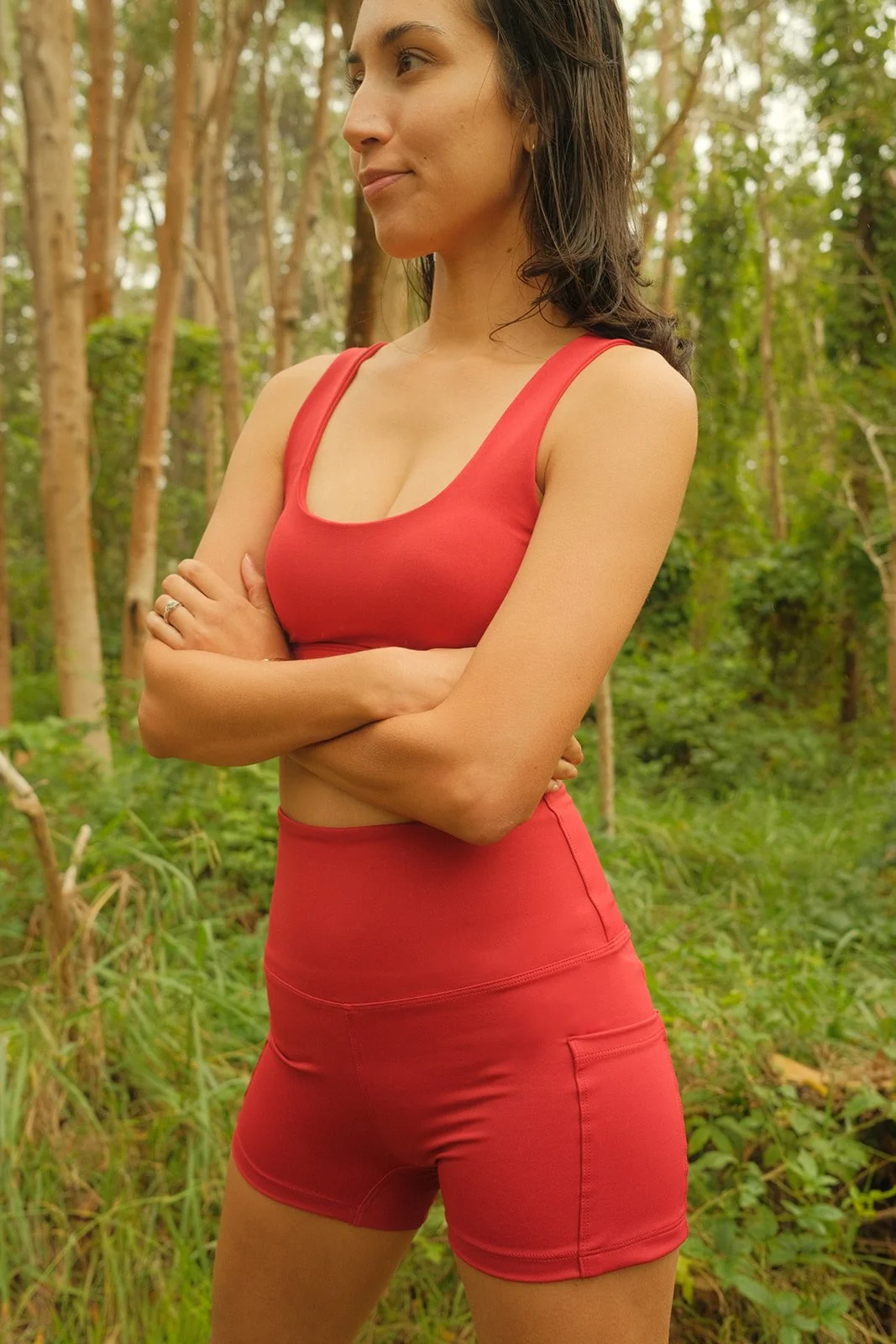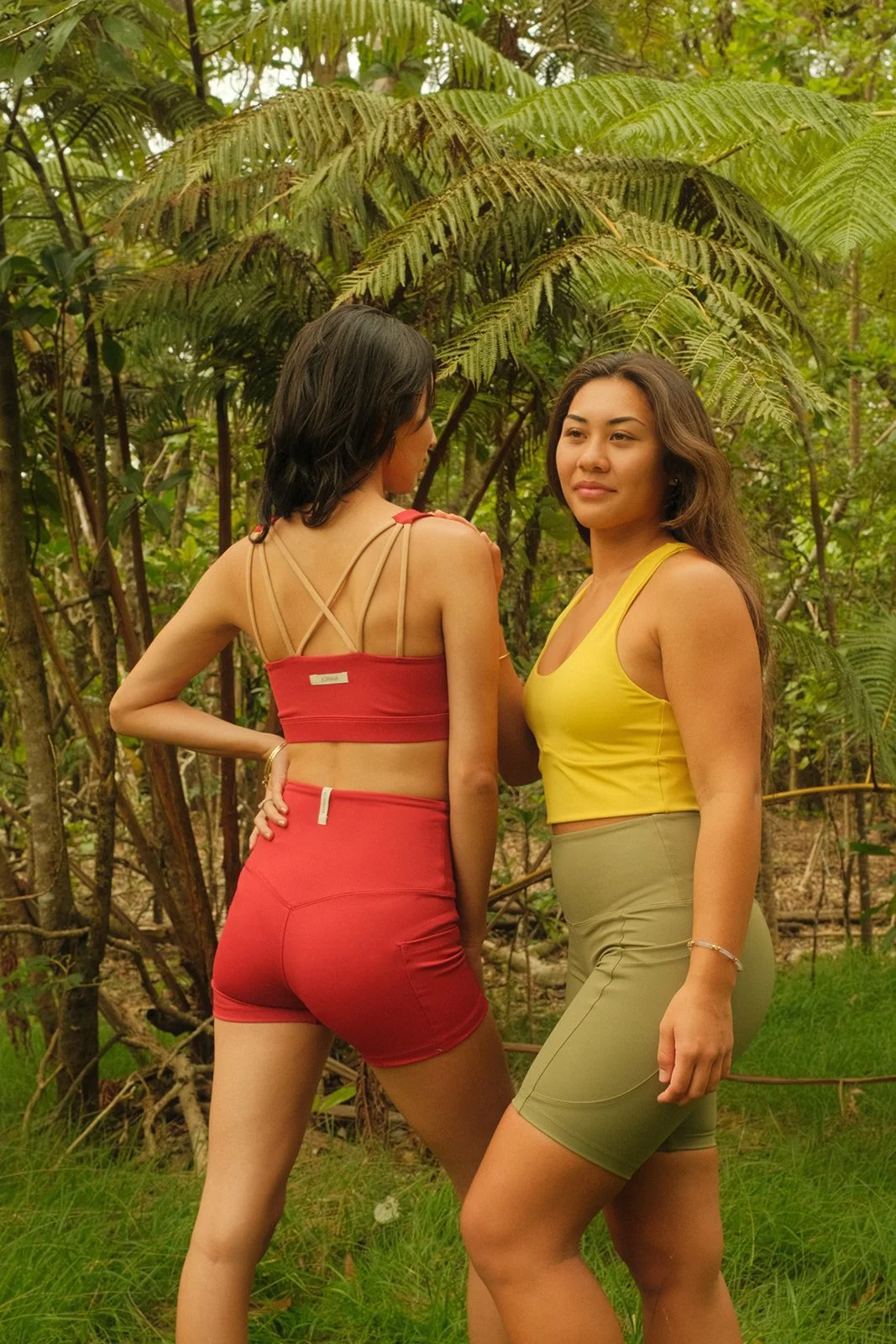Kiwikiu 7” Pocket Shorts

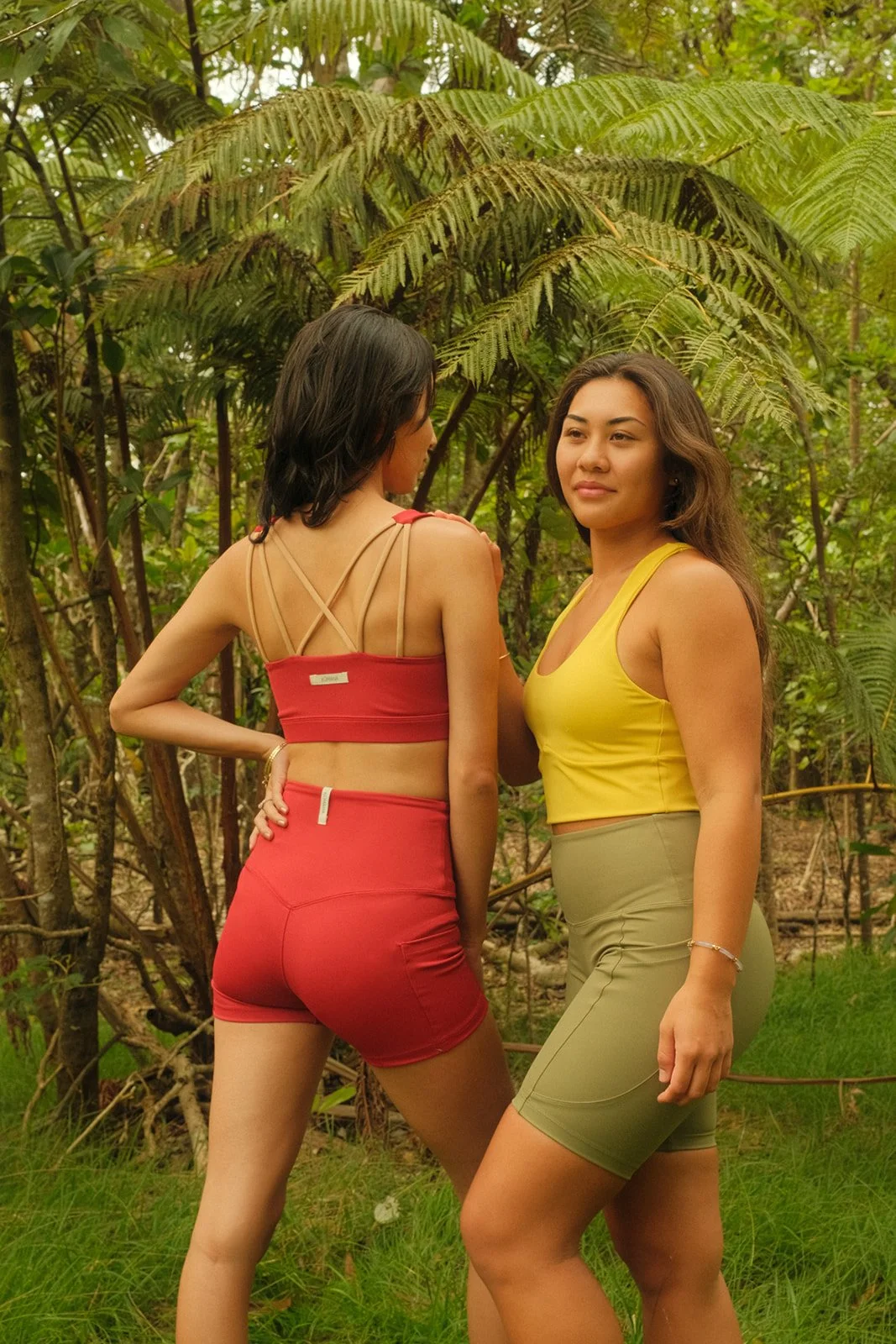
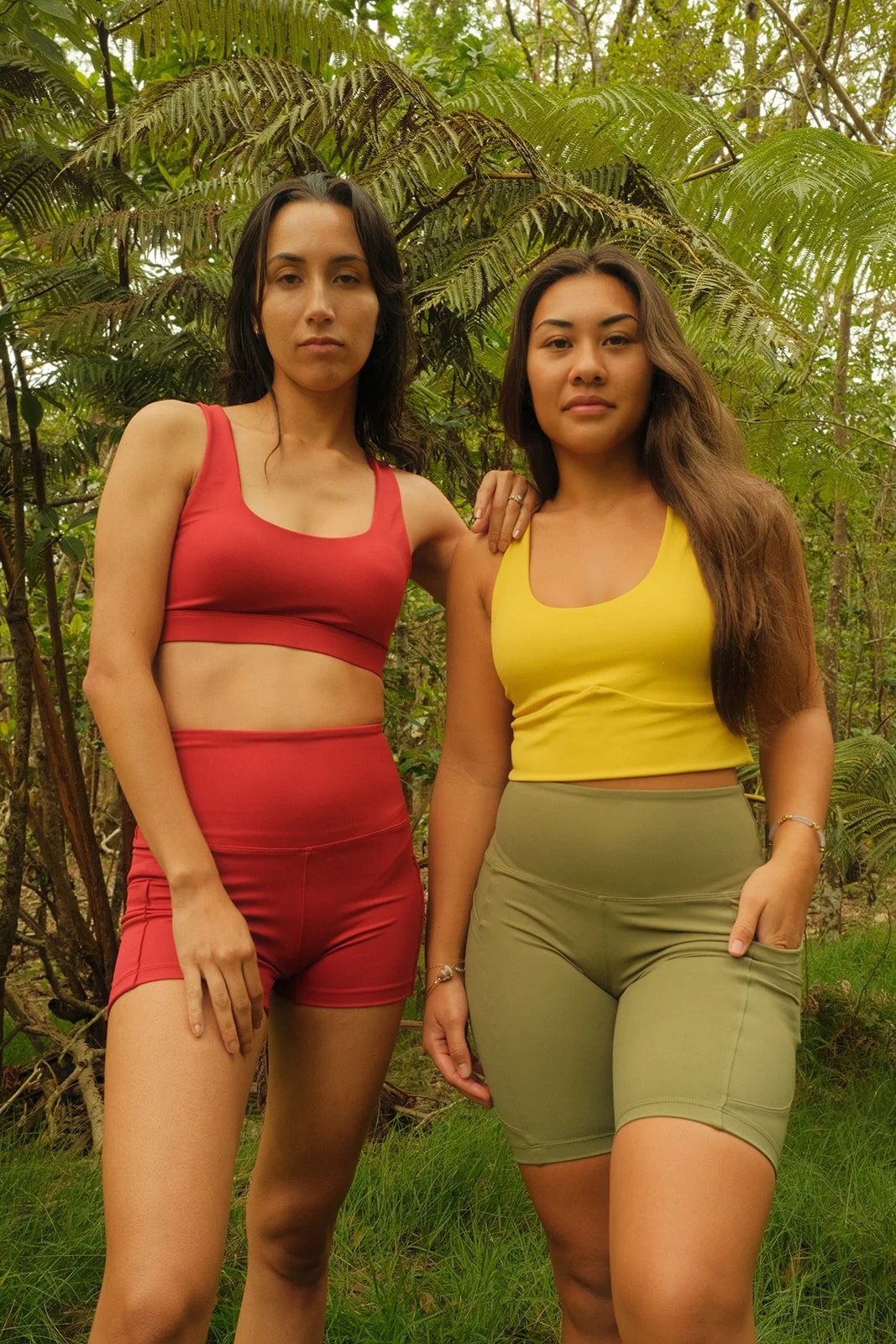
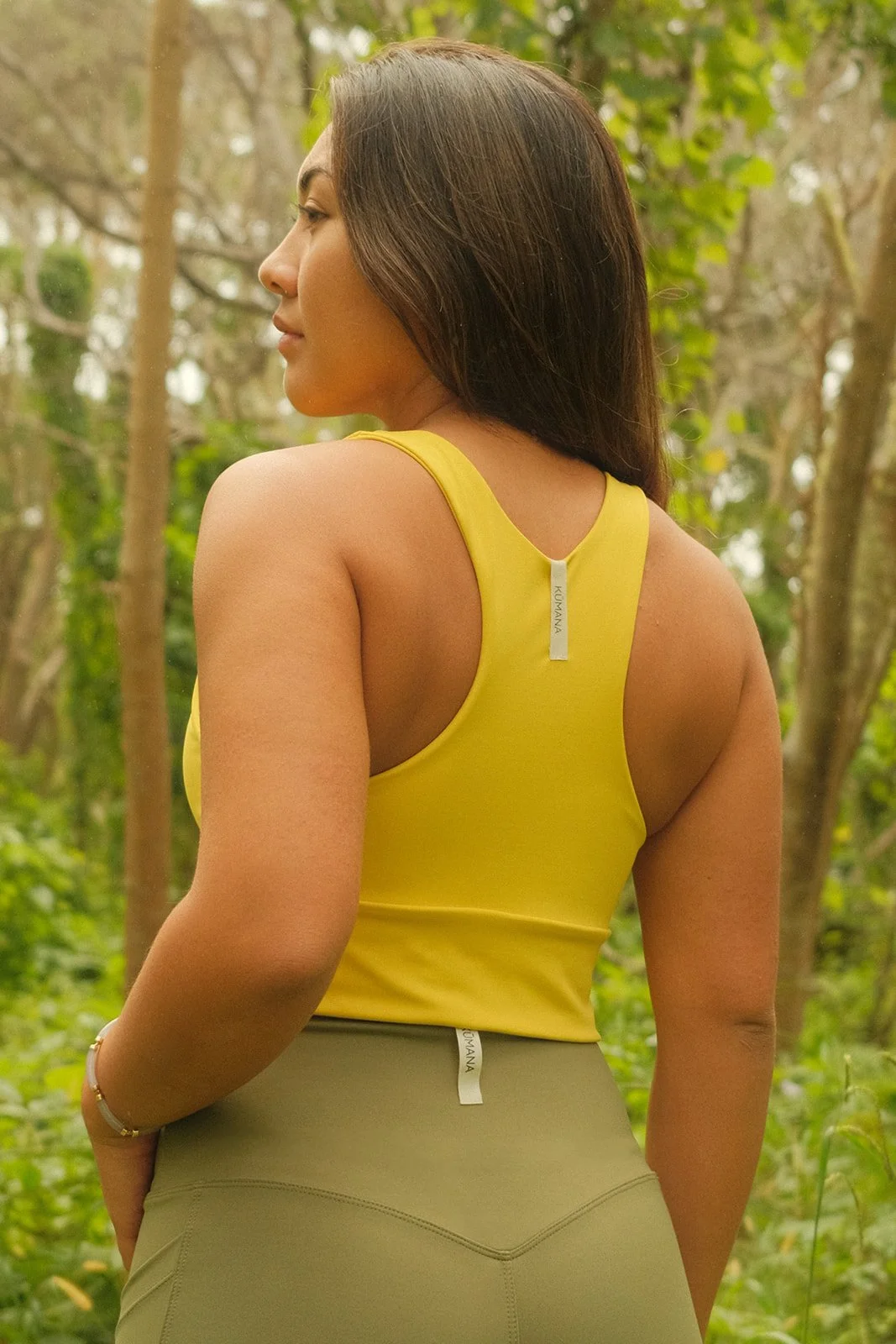
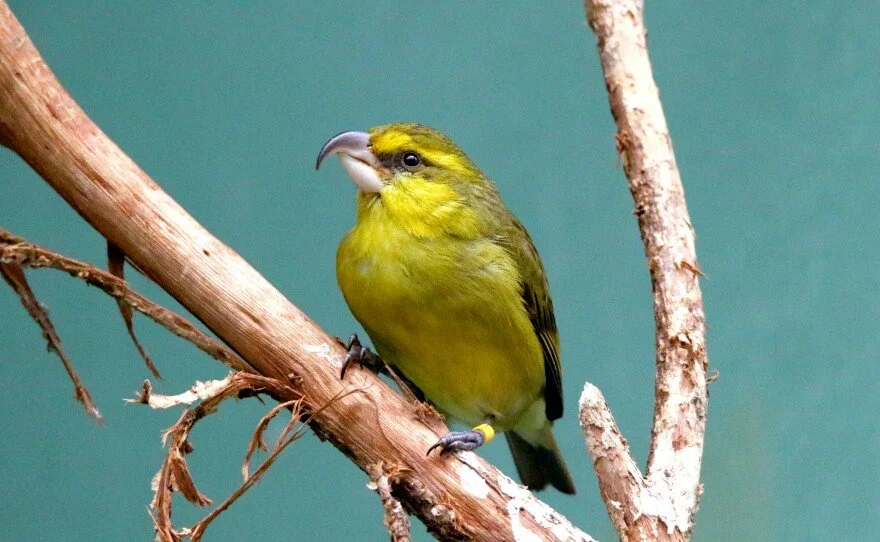
Kiwikiu 7” Pocket Shorts
Matte Revita Fit 73% Recycled Polyester, 27% Spandex
10” rise hits right at the natural waistline
7.5” inseam (based on M, inseam varies slightly by size)
Spacious strong side pockets
Squatproof
Moisture-wicking & breathable
UPF 50
4-way stretch
OEKO-TEX STANDARD 100
Nā Manu ʻŌiwi consists of activewear inspired by three extinct birds and two endangered birds, like a chilling conversation in which the ʻŌʻō, Poʻouli, and ʻUla ʻAi Hāwane tell the story of their disappearance as they urge to the Kiwikiu and ʻĀkohekohe, “Donʻt be like us.” It serves as a haunting reminder that our native species are going extinct every year - and it’s up to us to stop it. Portions of the sale from Nā Manu ʻŌiwi will be donated to Friends of Hakalau Forest to support their efforts in native bird and habitat conservation.
Kiwikiu is a critically endangered native honeycreeper found on the northeastern slopes of Haleakalā. Fossil evidence suggests it was Aldo found on Molokaʻi. Also known as the Maui Parrotbill, the Kiwikiu name was given in 2010 as the historical ʻōiwi name was lost in history.
There was estimated to be 380-800 Kiwikiu in 2012, and that number is suspected to be declining. Because the development of their bill and very specialized foraging techniques is lengthy, juveniles remain with their parents for as long as 18 months, so they are often seen in groups! They nest in ʻōhiʻa and feed mainly on larvae and pupae of wood- and fruit-boring beetles, moths, and other invertebrates, particularly insects on ʻākala, kanawao ʻōhiʻa, and koa.
Kiwikiu have a low reproduction rate: unlike most Hawaiian honeycreepers, they have Lowe annual fledgling production coupled with low reproductive success due to habitat limitations and weather.
The usual suspects contribute to population decline: predation by invasive mammals, loss of habitat, and introduced disease. Owls prey on nests, and removal of small mammal predators may result in owl populations switching to a greater proportion of birds in their diet. Fenced habitats help to prevent invasive mammals from encroaching on their habitat, however malaria and climate change remain the biggest risk factors to their survival.
For more information on the Kiwikiu, visit https://iucnredlist.org and search the scientific name psedonestor xanthophrys.






